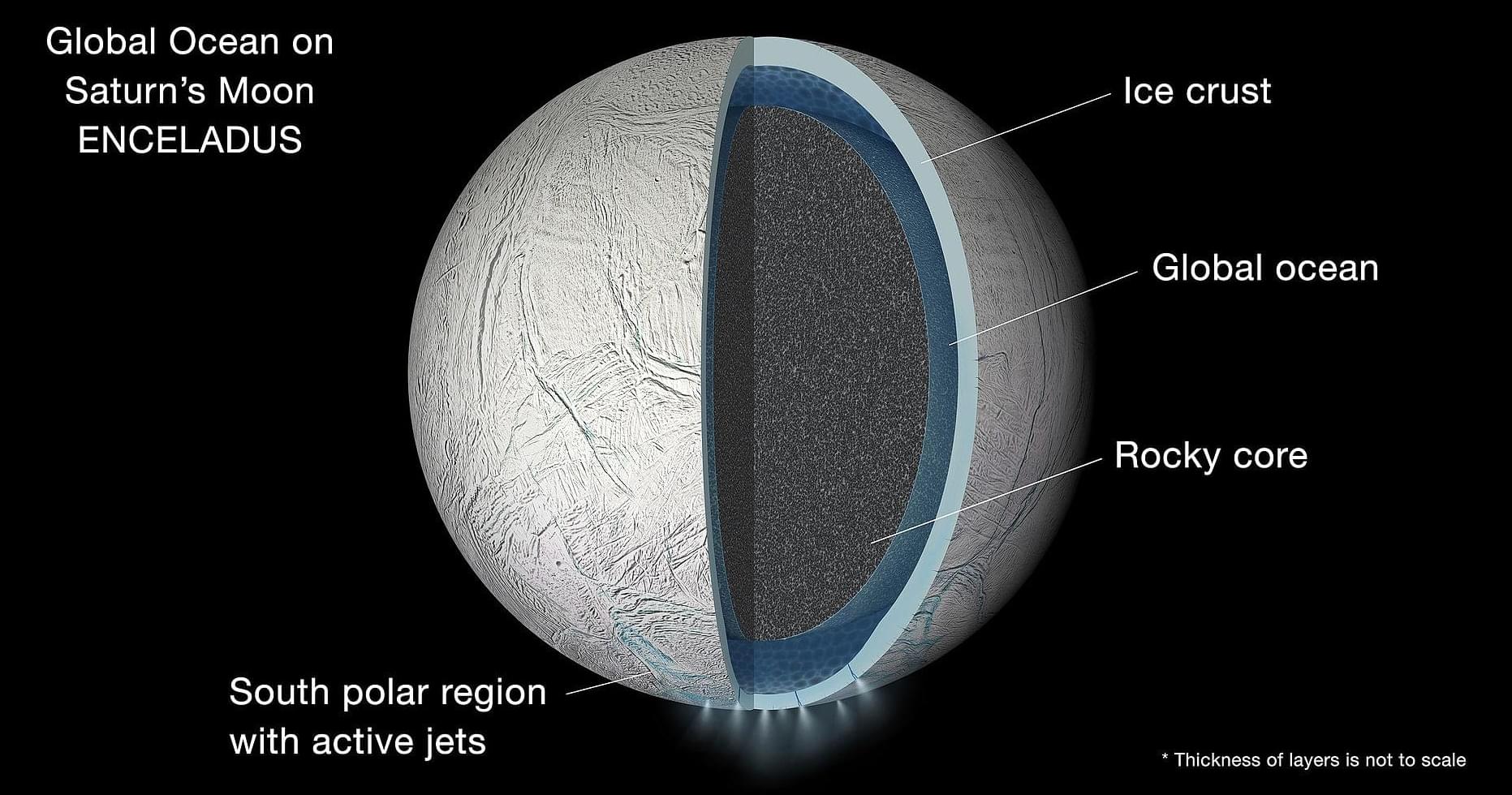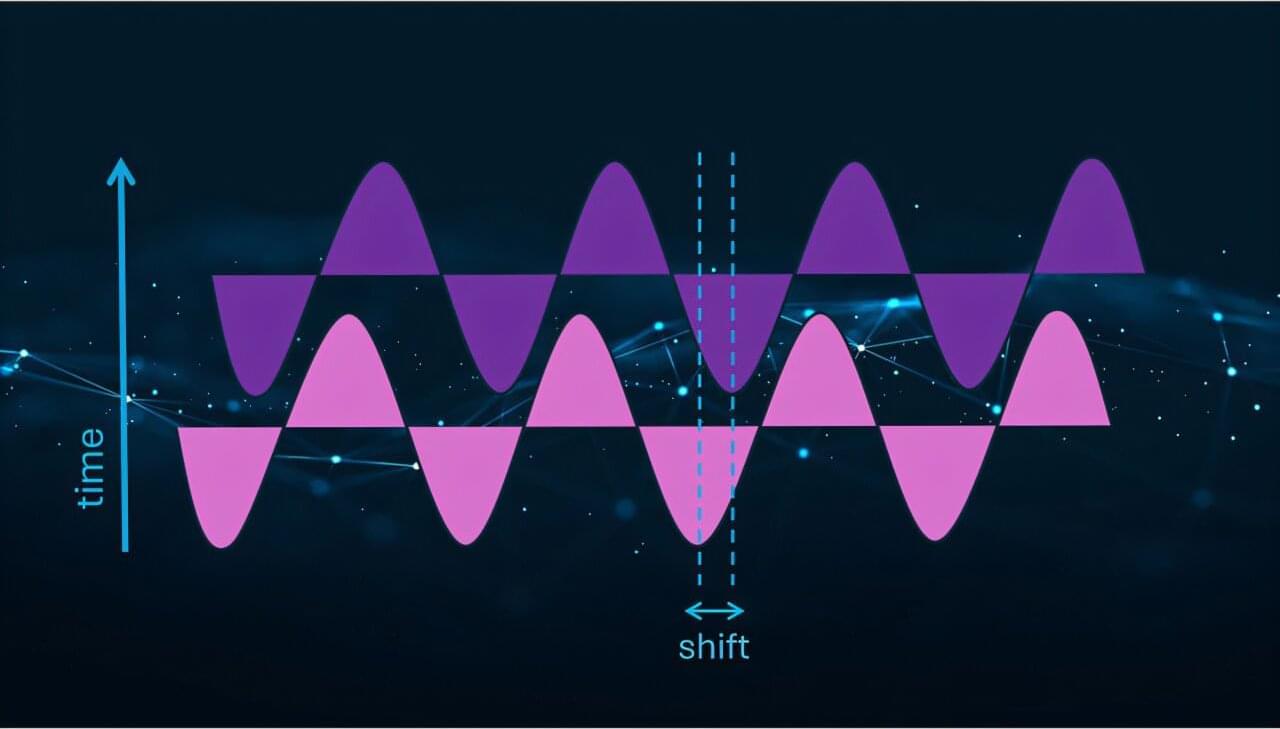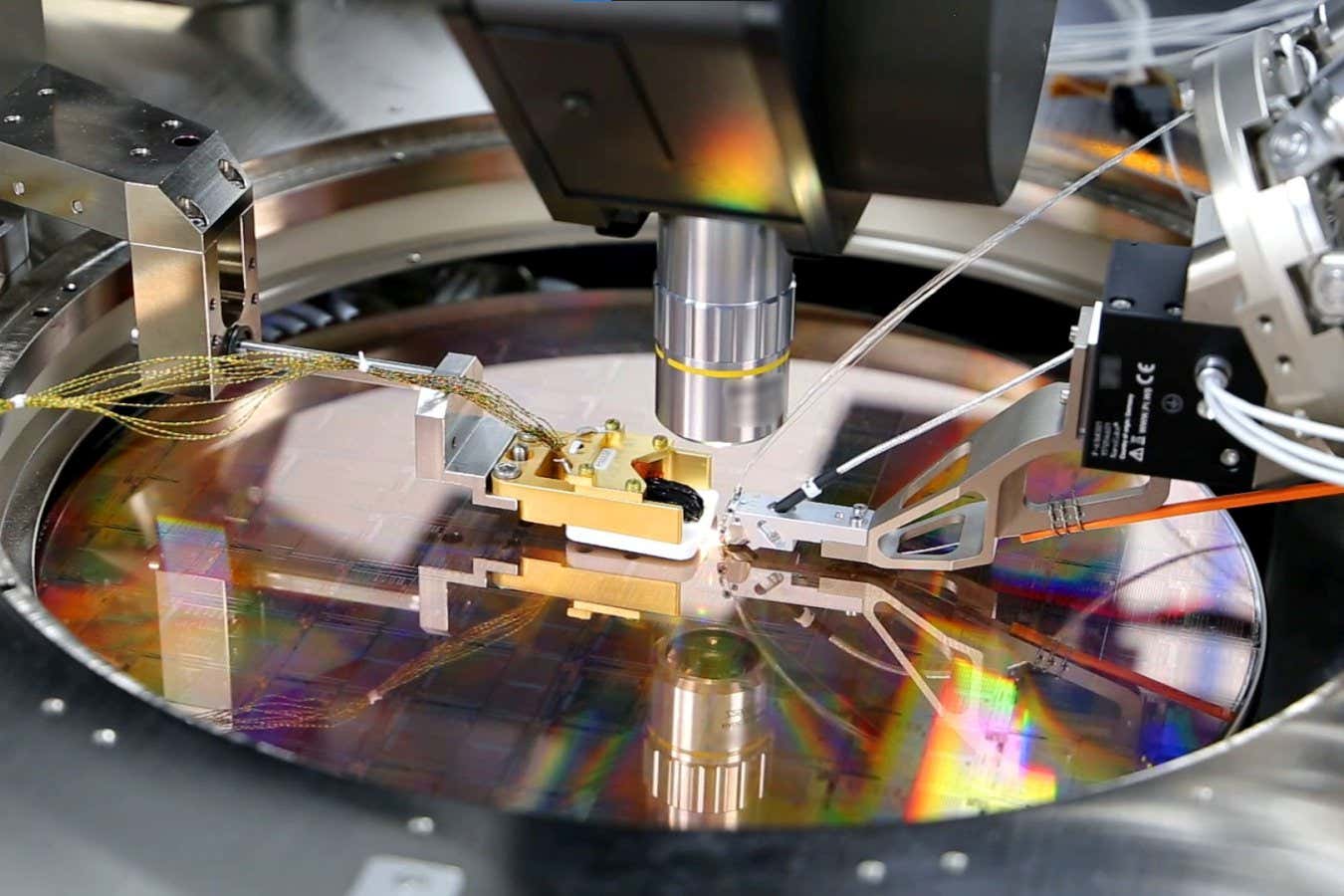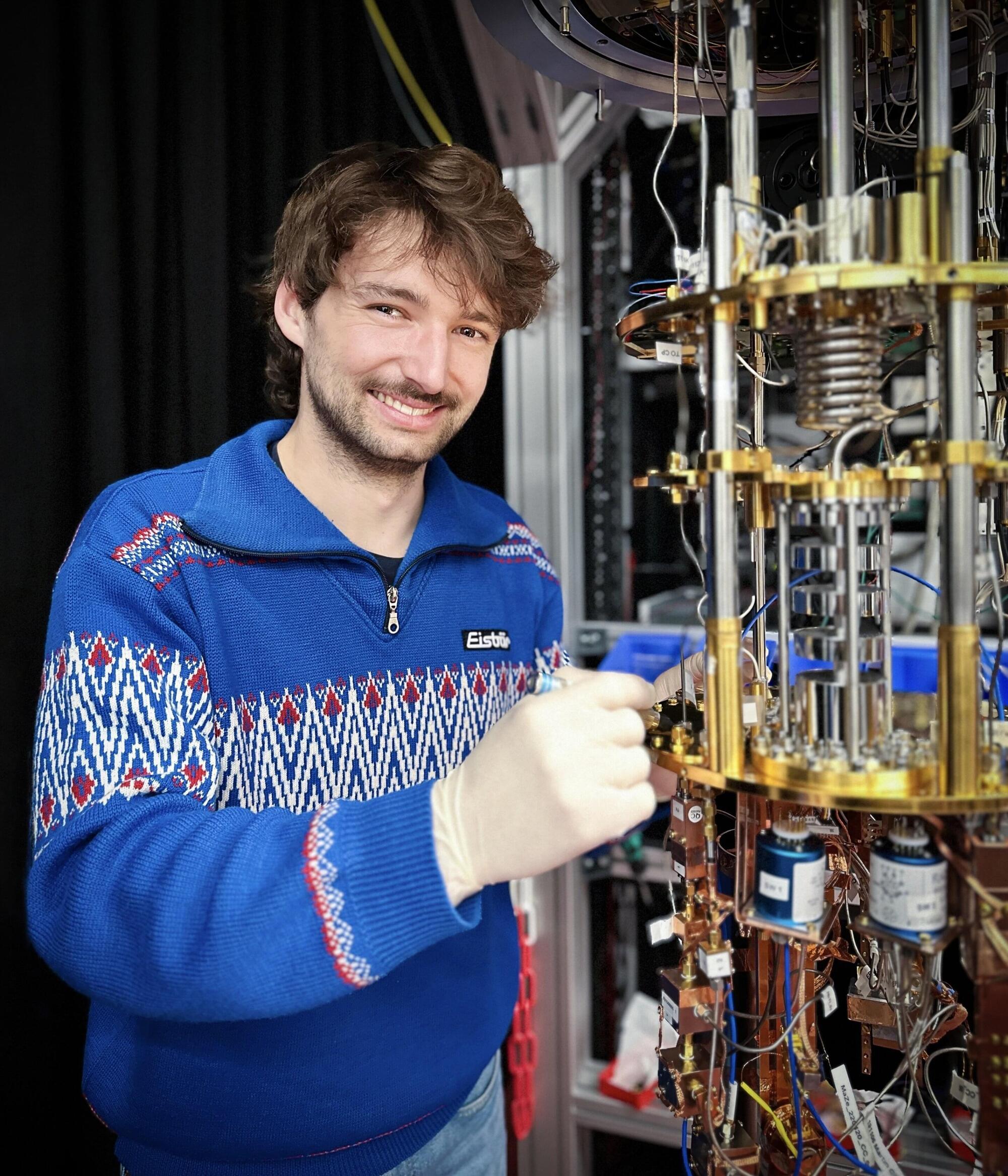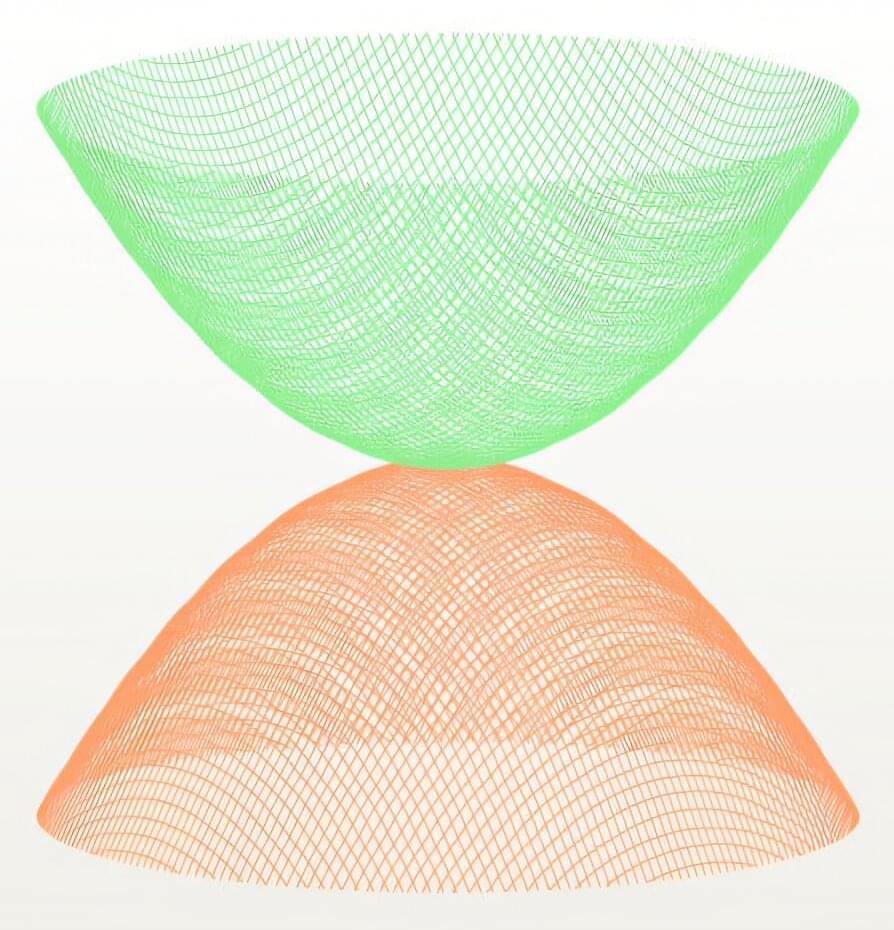“We’ve found that Enceladus’ ocean should behave like oil and water in a jar, with layers that resist vertical mixing,” said Flynn Ames.
Could finding life in alien oceans be harder than previously thought? This is what a recent study published in Communications Earth & Environment hopes to address as a team of researchers from the United Kingdom investigated how life that might exist in the depths of alien oceans like Saturn’s moon, Enceladus, could take time to reach the surface for sampling, which could potentially pose problems for future sample return missions to these intriguing worlds.
For the study, the researchers used a series of computer models to simulate the various layers that could exist between the liquid ocean of Enceladus and the plumes that discharge from its south polar regions, nicknamed “tiger stripes” for its giant ice cracks. Given the sampling potential of the plumes, especially with NASA’s Cassini spacecraft having flown through the plumes during its mission, the researchers wanted to ascertain the length of time material from potential hydrothermal vents at the bottom of the ocean would reach the surface to be discharged by the plumes and sampled for signs of life. In the end, the researchers found that material from the bottom of Enceladus’ would take several centuries to reach a plausible depth to be discharged by the plumes.
